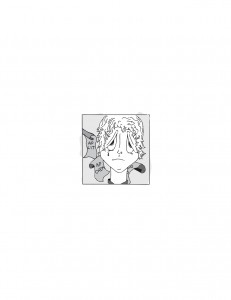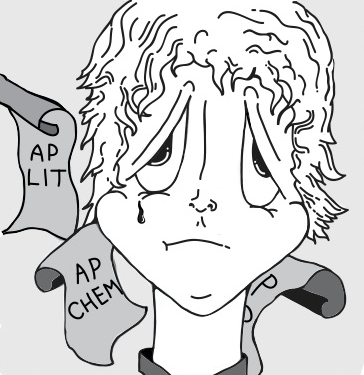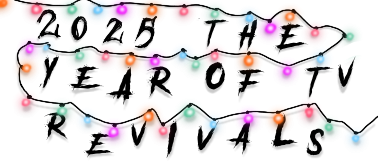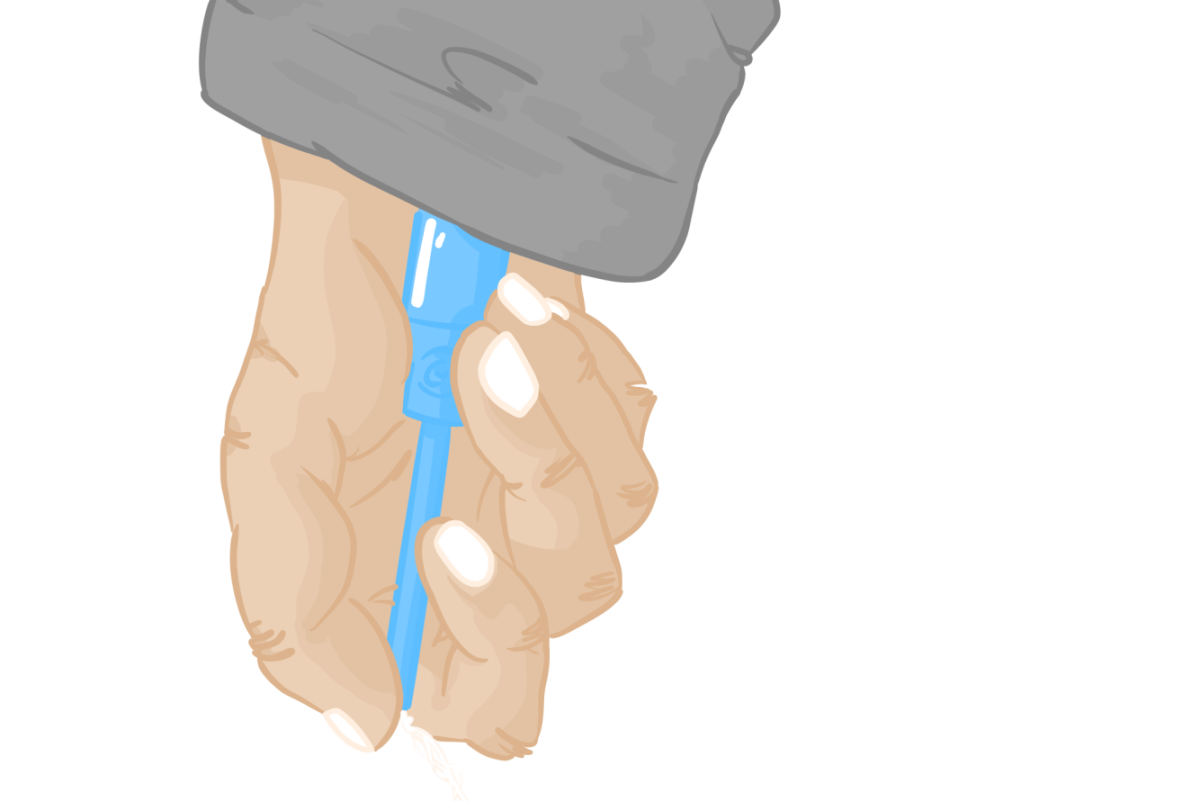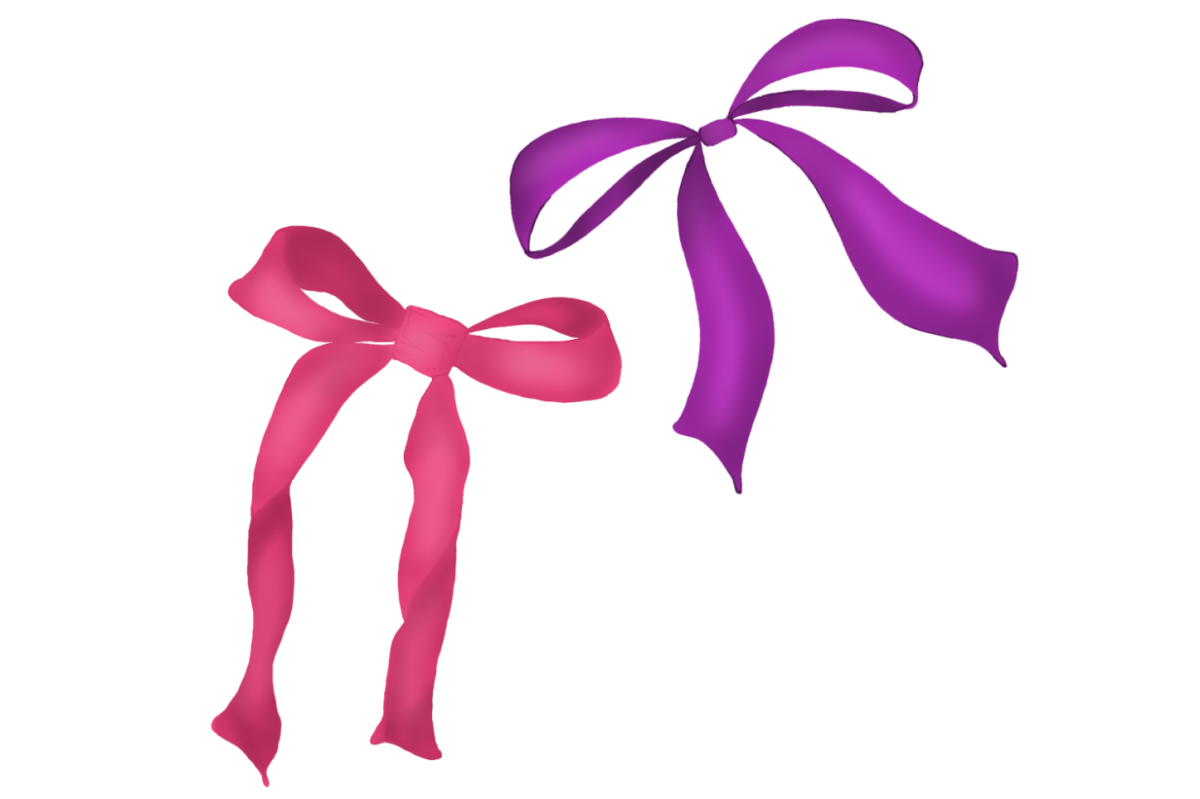Sarah Tucker, junior, walks into McCallie Hall B on the fateful morning of the AP U.S. History exam. As usual, it’s cold and claustrophobic, and the desks are as uncomfortable as ever. The monitor from the guidance department drones about cheating, cell phones and every possible way a test can be void (that’s right: one cannot consult a textbook during the exam), but she only has one thing in mind: what are going to be the free response questions? Finally, she receives and opens everyone’s favorite intimidating, forest-green booklet. She breaks the seal, and her eyes slowly widen as she reads the first question.
In what ways did ideas and values by Puritans influence the political, economic and social development of the New England colonies from 1630 through the 1660s?
In the 2012-13 school year, The College Board will introduce a program titled the “New AP,” beginning with biology and United States History. AP Biology and AP United States History students will have a shorter curriculum that leads to a better understanding of concepts and a more manageable AP exam.
Currently, the standard AP United States History textbook contains 32 chapters and covers from the late 15th century until the late 20th century, and the AP Biology textbook has 55 chapters and approximately 1,400 pages. Because the test is a nationwide exam instead of one given by a specific professor, AP students often learn more about a subject than most college freshmen.
“In a class like AP U.S. the way it is now, you aren’t going to be able to go into the exam and feel like you know everything that happened in U.S. history,” Tucker said. “That’s not possible in a one-year course that meets for an hour a day.”
Steve Platte, AP United States History teacher, volunteered to give the program a test-run.
“I think concepts are the most important things we teach,” Platte said. “You should know basic facts and chronology, but the historical significance of the concepts is what makes history relevant.”
Platte believes a more concept-based course will be more like a college class, which AP classes are supposed to resemble.
“What historians and college history students do is not memorization of facts,” Platte said. “They delve deep into ideas that helped to shape our country’s history. I’ve always tried to help my students do that, so my teaching should be more in tune with the new AP curriculum. And I’m excited about that.”
The College Board should not stop the curriculum reforming at AP Biology and United States history; it should reform all of the AP curriculums and tests to allow for a better understanding of the material and a more in-depth subject coverage.
The Advanced Placement classes still need to be challenging for the elite academic students of the school. The extreme difficulty of the classes, however, can be sacrificed so that the students can have a better understanding of the general concepts instead of memorizing specifics.
The AP Chemistry book, for example, has 22 chapters, covering everything from Osmotic pressure to catalysis to the chemical equilibrium constant. To make matters more difficult, any of the material is fair game on the AP exam. However, if The College Board applies the New AP theory to chemistry, the teacher will have a more guided syllabus and will be able to teach the students general concepts that have a high likelihood of appearing on the exam itself. This is the first time The College Board has given teachers an AP curriculum framework.
In fact, The College Board has preliminary plans to extend the New AP beyond Biology and US History. By 2014-15, AP Physics, AP Chem and AP World will all have curriculum based on the New AP.
The College Board needs to continue to expand the New AP to all AP courses. That way, students will not need to meticulously pore over textbooks containing every single law that governs our universe or every single empire, dictator and ancient society that has ever existed.